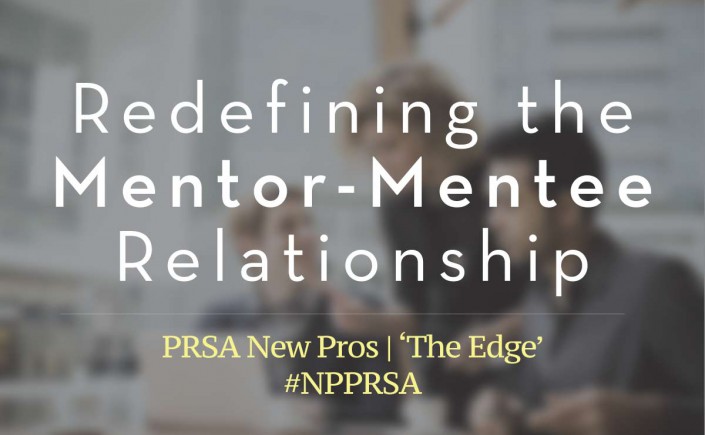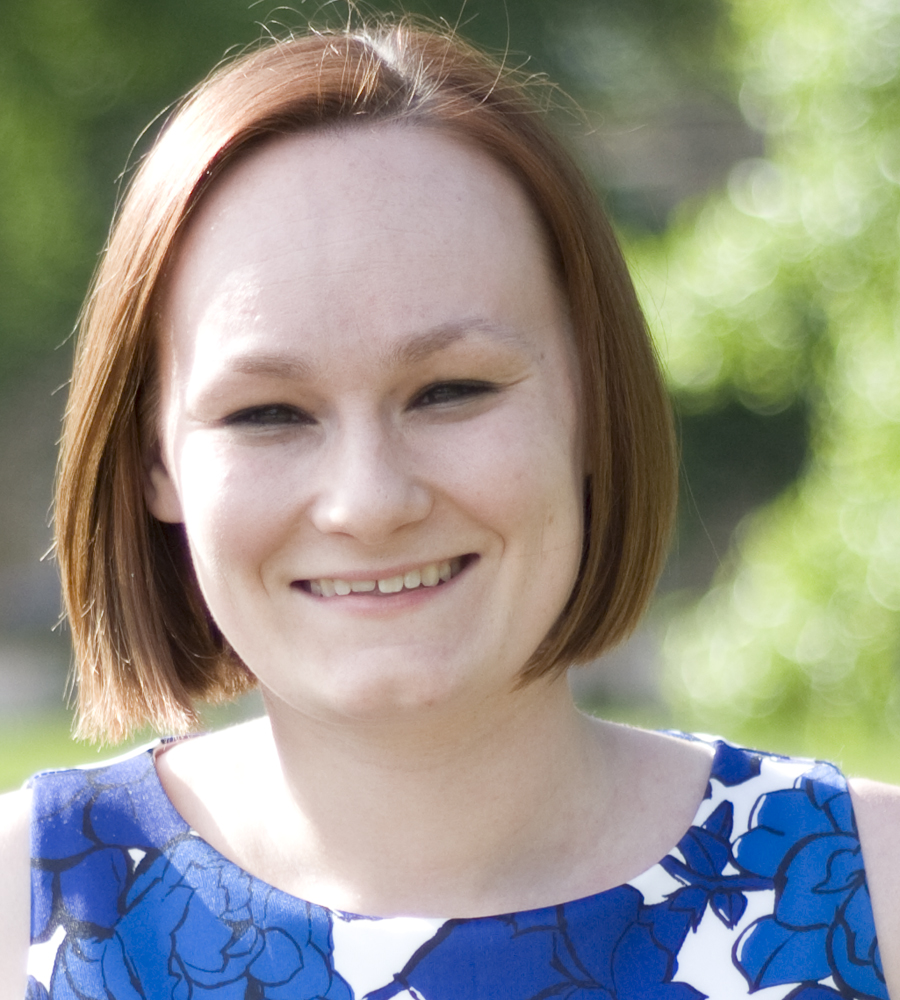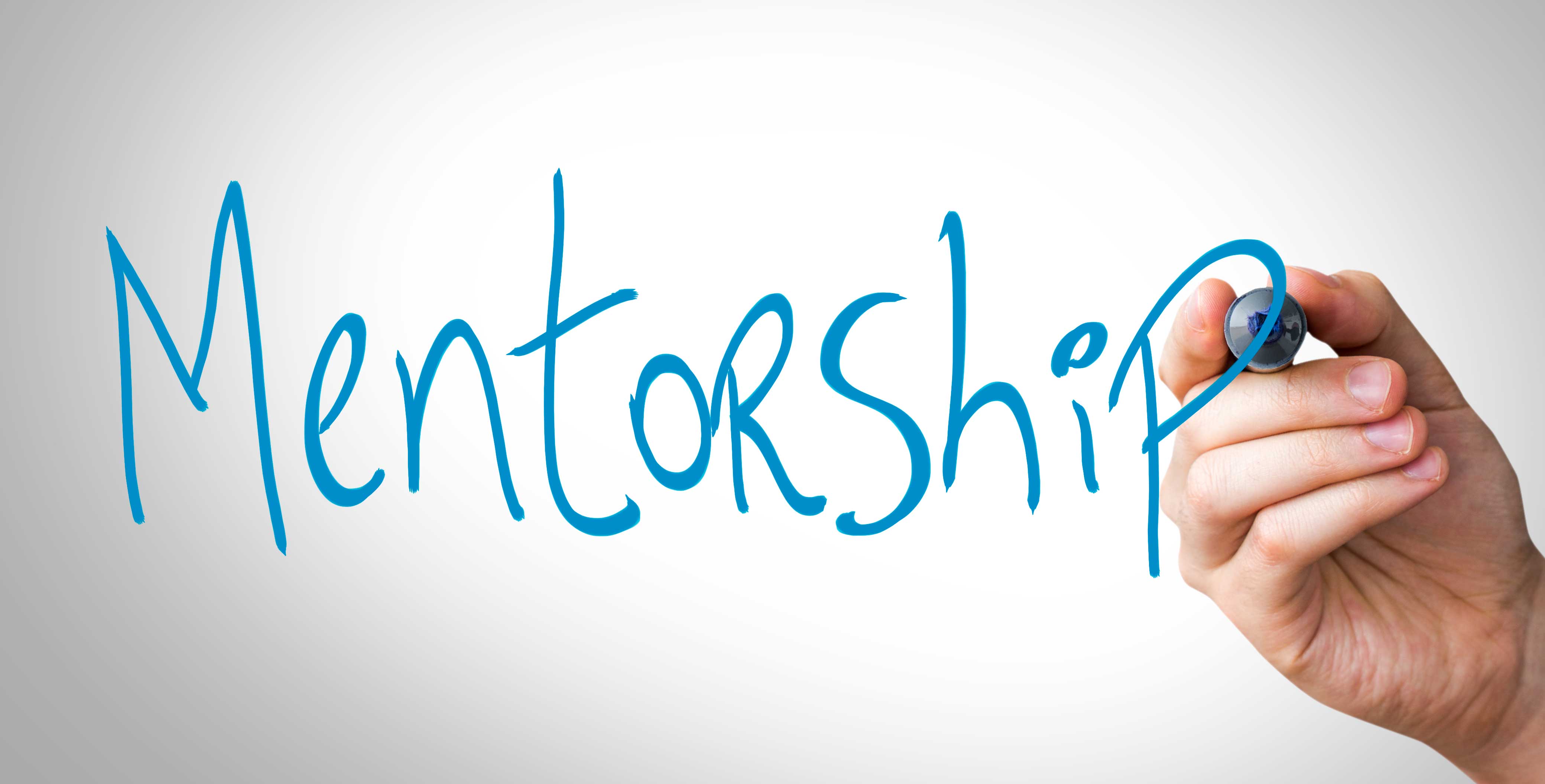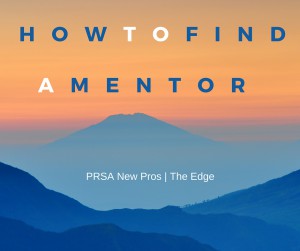 So, you want a mentor. You realize that at this stage in your career, you can benefit from building a relationship with someone who can guide you in your journey. If you’re really savvy, you already know that a mentor is not something you “get,” but someone who you come to know, trust and confide in.
So, you want a mentor. You realize that at this stage in your career, you can benefit from building a relationship with someone who can guide you in your journey. If you’re really savvy, you already know that a mentor is not something you “get,” but someone who you come to know, trust and confide in.
Here are some ways to find a mentor.
1. Identify your purpose for finding a mentor. It’s important to know what you want in the mentoring relationship. Whether you’re actively job hunting or trying to identify the next step in your career path, knowing what you want to achieve will help you find a great mentor who can help you navigate the terrain.
2. Broaden your definition of a mentor. Mentors come in all shapes and sizes. Some are lifelong coaches, others are confidants for a short period of time. You may find a mentor with wisdom in all things, or someone who is uniquely positioned to help you through a specific challenge. Remember, when looking for a mentor, consider the person, not their position. Your peers and colleagues may have experiences and perspectives that prove useful.
3. Participate in a structured mentoring program. Established mentor match programs are great, because they jumpstart the process of building a meaningful relationship by introducing you to someone who is ready to be a mentor. The good news is that PRSA and the New Professionals section are in the midst of refreshing our mentoring program. Members will be notified by email when updates to the program are made. In the meantime, head over to Mentor Match and introduce yourself to one of the mentors from the College of Fellows. You can also ask your local PRSA chapter or company if they have a program. And if you’re currently job seeking, ask about mentoring programs within the organization. If being mentored is important to you, this is one way to determine if the company culture is going to be a good fit.
4. Make your own match. Look around you. You may not realize it, but you probably have mentors in your life. These people already know you and may have some insight into your situation, work environment, or personal challenges. Look to your colleagues, professors and people in your network to bounce ideas off. If you need someone who is more removed from your circle, leverage existing relationships to find mentors. Explain why you’re looking for a mentor and ask if they know anyone who might be interested in sitting down for a cup of coffee.
Stay open-minded about the process–you never know where you’ll find a mentor! How did you find your mentor? In the comments, share your own mentor match story so other New Pros can learn from your experience.
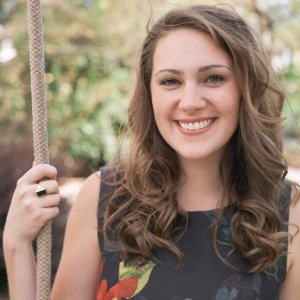 Alyssa Stafford is a member of PRSA Georgia and a communications specialist at Piedmont Healthcare in Atlanta. She serves on the New Professionals executive committee as the mentoring chair. Alyssa is a graduate of Agnes Scott College and the University of Georgia. Find her on LinkedIn orTwitter.
Alyssa Stafford is a member of PRSA Georgia and a communications specialist at Piedmont Healthcare in Atlanta. She serves on the New Professionals executive committee as the mentoring chair. Alyssa is a graduate of Agnes Scott College and the University of Georgia. Find her on LinkedIn orTwitter.

